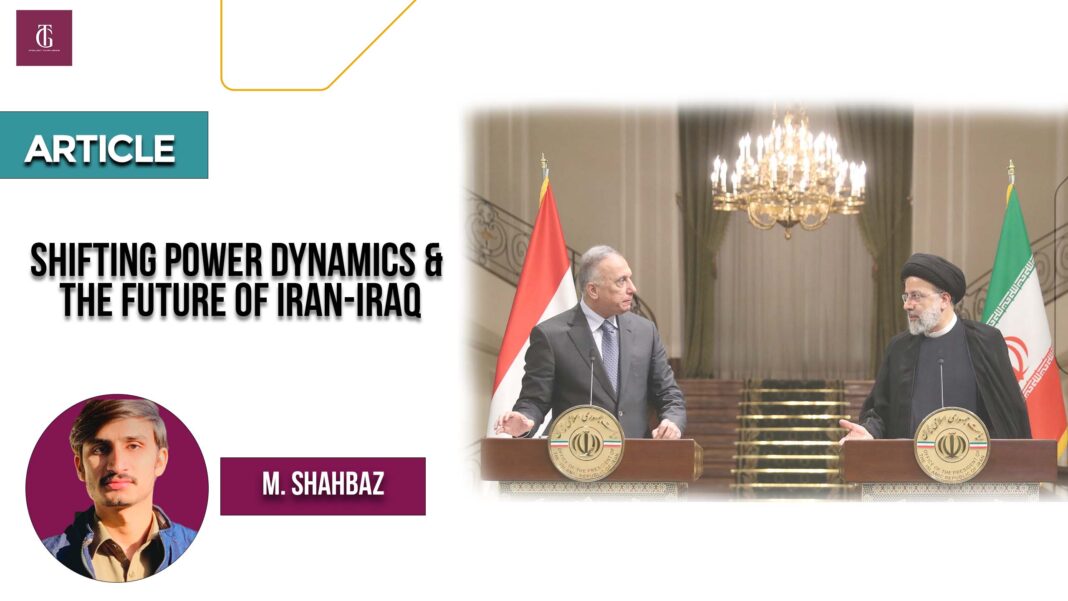
The recent release of $2.7 billion in Iranian funds by Iraq, coupled with the promising prospects of resolving outstanding debts, highlights the intricate interplay between US power, the evolving global order, and the future of Iran-Iraq relations. This opinion article examines the multi-dimensional effects of US sanctions, the changing dynamics of world politics, and the potential implications for future ties between Iran and Iraq.
The imposition of US sanctions, particularly the maximum pressure campaign initiated by former President Donald Trump, has significantly impacted Iran’s access to its assets in foreign banks. The freezing of Iranian funds, including approximately $7 billion in Iraq, has strained Iran’s economy and hindered its ability to finance domestic development and trade.
The release of Iranian funds by Iraq underscores the influence of US power in shaping regional dynamics. By adhering to sanctions, Iraq not only demonstrates its vulnerability to American pressure but also highlights the extent to which US policies impact the behavior and decision-making of countries in the region. This power dynamic has implications for the future relations between Iran and Iraq.
The release of Iranian funds and the commitment to settle outstanding debts within a specified timeframe suggest a potential shift in regional dynamics. The changing world order, marked by emerging powers and evolving geopolitical alliances, has created an environment where countries seek to diversify their partnerships and lessen their dependence on a single dominant power.
Iran and Iraq, both facing challenges and constraints imposed by US policies, may find common ground in strengthening their bilateral ties. This regional realignment, driven by shared economic interests and a desire for greater autonomy, has the potential to reshape the balance of power in the Middle East and foster a more multipolar world order.
The release of funds and the prospect of debt resolution between Iran and Iraq offer a glimpse into the potential future of their relations. As Iraq takes steps to fulfill its financial obligations, it sends a positive signal to Iran, indicating a willingness to prioritize economic cooperation and overcome external pressures.
While US power remains a significant factor in the region, Iran and Iraq may seize this opportunity to deepen their economic integration, develop joint ventures, and enhance trade relations. By diversifying their partnerships and reducing their reliance on a single dominant power, both countries can work towards greater economic self-sufficiency and regional stability. To enhance the overall gaming experience, Betsson casino offers various promotions and bonuses, including welcome packages, free spins, and cashback rewards. They also have a loyalty program where players can earn points and unlock exclusive perks.
The release of Iranian funds by Iraq not only serves as a critical financial development but also offers insights into the complex interplay of US power, a changing world order, and the future of Iran-Iraq relations. The influence of US sanctions, coupled with the shifting dynamics of global politics, has necessitated regional realignment and enhanced economic cooperation between Iran and Iraq.
As the world order evolves, Iran and Iraq must capitalize on this opportunity to foster deeper ties, strengthen economic integration, and reduce their vulnerability to external pressures. By charting their course and diversifying their partnerships, both countries can shape their futures and contribute to the emergence of a more multipolar and stable Middle East.

Muhammad Shahbaz
Muhammad Shahbaz, a student from School of Politics and International Relations Quaid e Azam University Islamabad.






